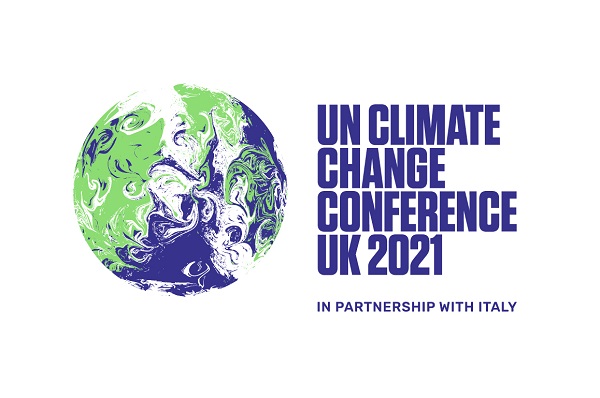
Luxembourg's Ministry of the Environment, Climate and Sustainable Development has presented the results of global negotiations and the role of the Grand Duchy at the 26th United Nations Climate Change Conference (COP26), which took place in Glasgow (UK) from 31 October to 12 November 2021.
COP26 negotiations ended on Saturday with a new global climate deal: the Glasgow Climate Pact. According to Luxembourg's Environment Ministry, this international agreement marks "more ambition in the fight to limit global warming, more speed in the energy transition and more solidarity with the countries most affected by climate change". The agreement was adopted despite last-minute revisions from India and China over the language on coal and fossil fuels.
For the very first time, the final decision contains an agreement accepted by all participating states on accelerating the global energy transition through the abandonment of coal and the reduction of fossil fuel subsidies.
The international community recognised the scientific evidence that the world needs to do more in climate protection this decade to limit global warming to 1.5 °C. The final decision stipulates that global greenhouse gas emissions must be reduced by 45% during this decade.
Six years after the COP21 in Paris, an agreement was reached on the rules for applying the Paris Agreement, including in particular the operation of carbon markets, the update every five years of "contributions determined at the level national" of all parties and transparency rules.
Another central element of the final decision was solidarity with vulnerable states which are most exposed to the impacts of climate change. Aid for adaptation to the inevitable consequences of climate change must be doubled by 2025. For its part, Luxembourg will provide €220 million in “international climate finance”, half of which wiill be dedicated to adaptation to climate change in the world's most vulnerable countries - the highest amount per capita of any country.
In the midst of COP26 negotiations, the British Presidency asked for Luxembourg's support as a diplomatic facilitator in the field of "loss and damage". The Environment Ministry attributed this request to the reputation of the Grand Duchy as "a committed donor country with a delegation of experienced negotiators in the field of climate and environmental policy". In the final agreement, significant progress was made in the area of loss and damage, especially with regard to the financing of technical assistance to island states and other vulnerable countries, in order to protect themselves against the immense damage they are likely to suffer (and are already suffering) because of global warming.
Alongside the final Glasgow Climate Pact, which was accepted by around 200 states, Luxembourg also signed several other declarations and initiatives, such as the COP26 declaration on accelerating the transition to 100% zero emission cars and vans. Almost 100 countries, including Luxembourg, have also joined the Global Methane Pledge, the initiative to reduce methane emissions by at least 30% by 2030 compared to 2020.
Along with Germany, Denmark, Portugal and Austria, Luxembourg issued a joint statement affirming that nuclear energy is not a solution in the fight against the climate crisis and should not be included in the taxonomy of the European Union (EU) as being sustainable.
Finally, Luxembourg, along with 141 other countries, pledged to stop and reverse global deforestation by 2025. Luxembourg's Environment Ministry emphasised that the end of global deforestation is "an absolute precondition for the success of mitigation efforts, measures of adaptation and CO2 sequestration objectives by the world's forests".








